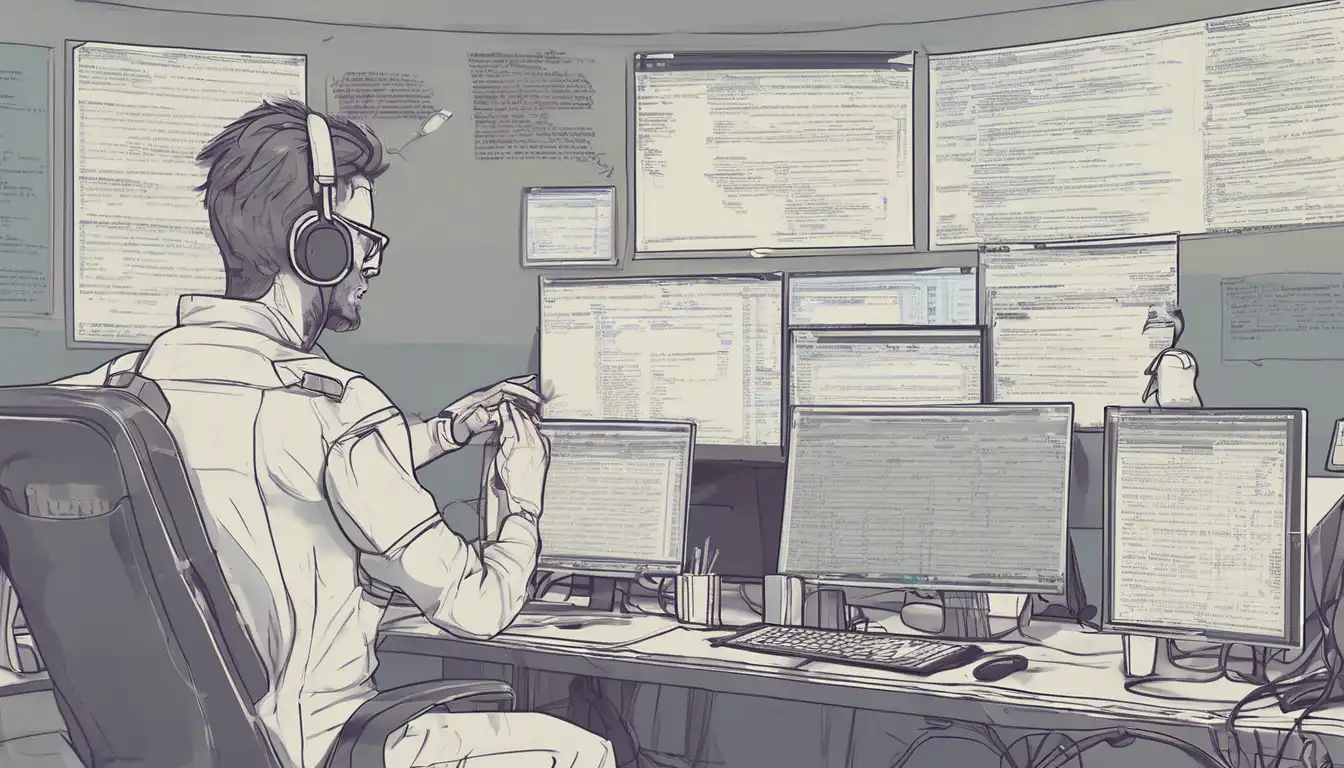Introduction to Professional Code Debugging
Debugging is an essential skill for any programmer, yet many struggle to do it efficiently. This guide will walk you through the professional techniques to debug your code like a pro, saving you time and frustration.
Understanding the Basics of Debugging
Before diving into complex debugging techniques, it's crucial to understand the basics. Debugging is the process of identifying and removing errors from your code. These errors can range from syntax mistakes to logical errors that affect the program's output.
Setting Up Your Debugging Environment
A proper debugging environment is key to efficient error resolution. Most Integrated Development Environments (IDEs) come with built-in debugging tools. Familiarize yourself with these tools to leverage their full potential.
- Choose an IDE with robust debugging features.
- Learn how to set breakpoints and step through your code.
- Understand how to inspect variables and expressions during runtime.
Advanced Debugging Techniques
Once you're comfortable with the basics, it's time to explore advanced techniques. These include conditional breakpoints, watch expressions, and remote debugging. Mastering these techniques will significantly enhance your debugging efficiency.
Common Debugging Pitfalls to Avoid
Even experienced developers can fall into common debugging traps. Avoid these pitfalls to streamline your debugging process:
- Not reproducing the bug consistently before attempting to fix it.
- Overlooking the importance of a clean and organized codebase.
- Ignoring the value of peer reviews in identifying hidden issues.
Leveraging Debugging Tools and Extensions
Beyond the built-in tools, numerous debugging extensions and standalone tools can aid in your debugging efforts. Tools like Chrome DevTools for web development or Xdebug for PHP can provide deeper insights into your code's behavior.
Conclusion: Becoming a Debugging Expert
Debugging is more than just fixing errors; it's about understanding your code deeply and improving its quality. By applying the techniques and avoiding the pitfalls discussed in this guide, you'll be well on your way to debugging like a pro. Remember, the best debugger is the one that prevents bugs from happening in the first place.
For more insights into improving your coding skills, check out our guide on coding best practices.
